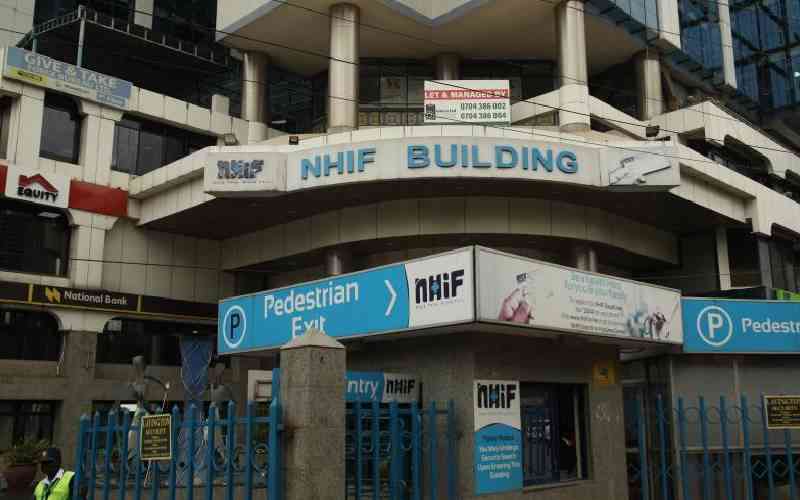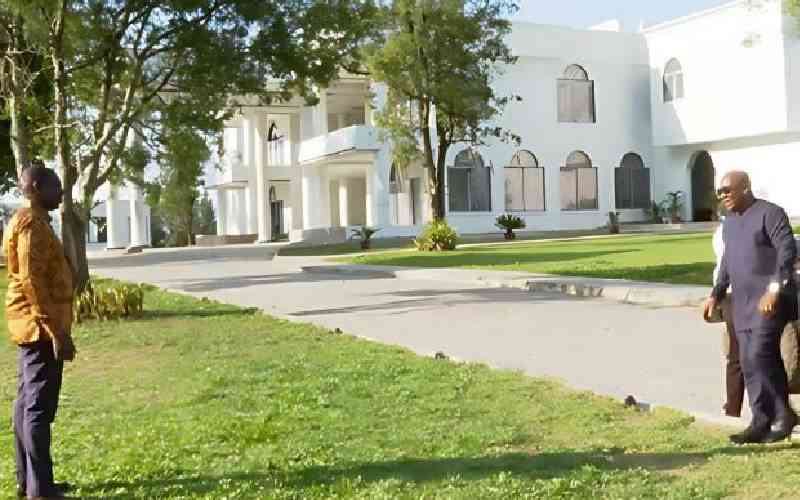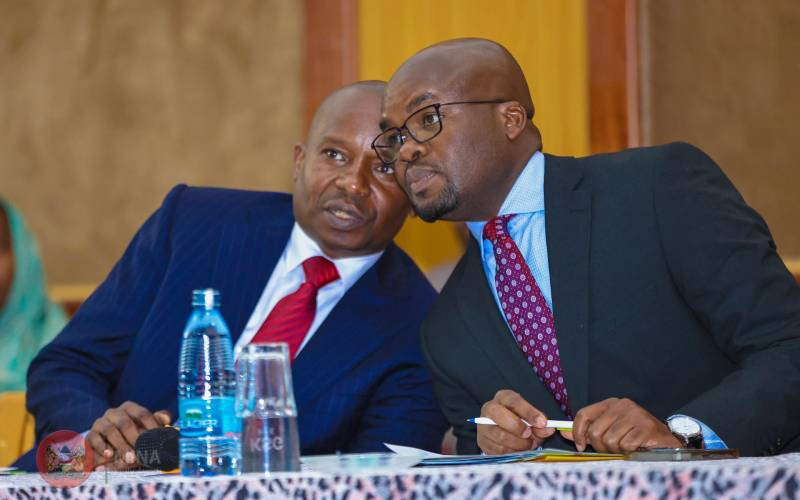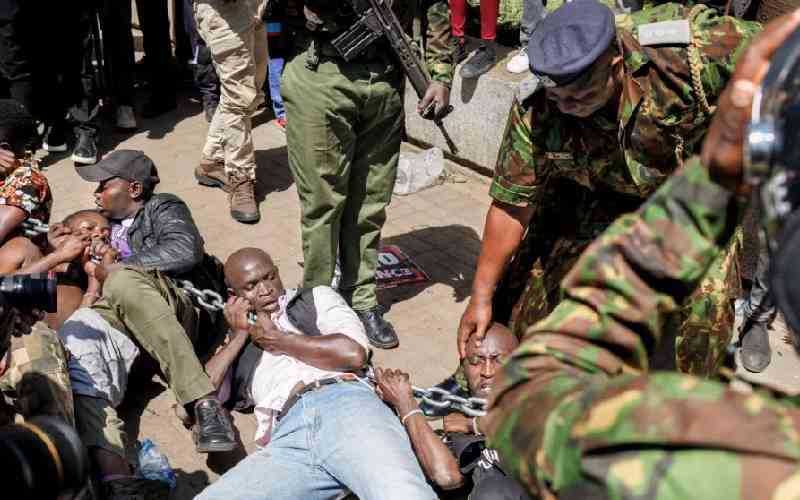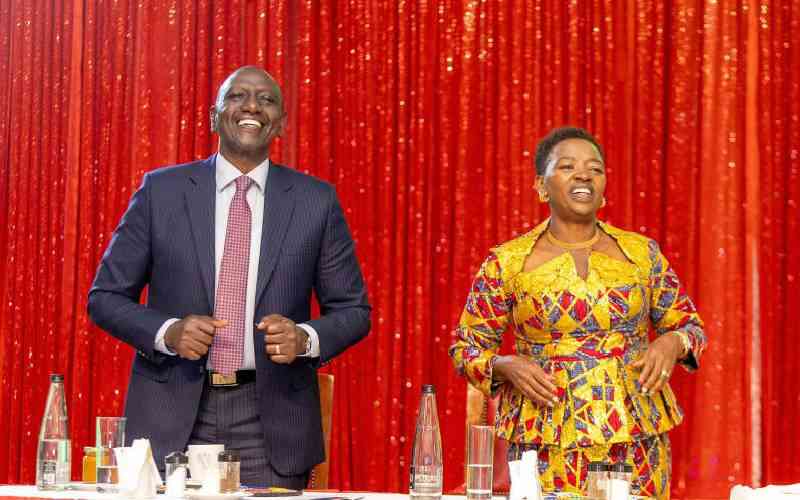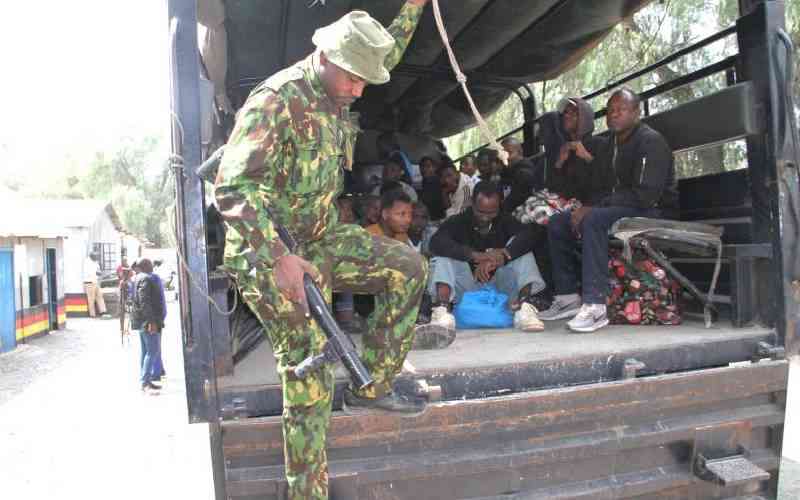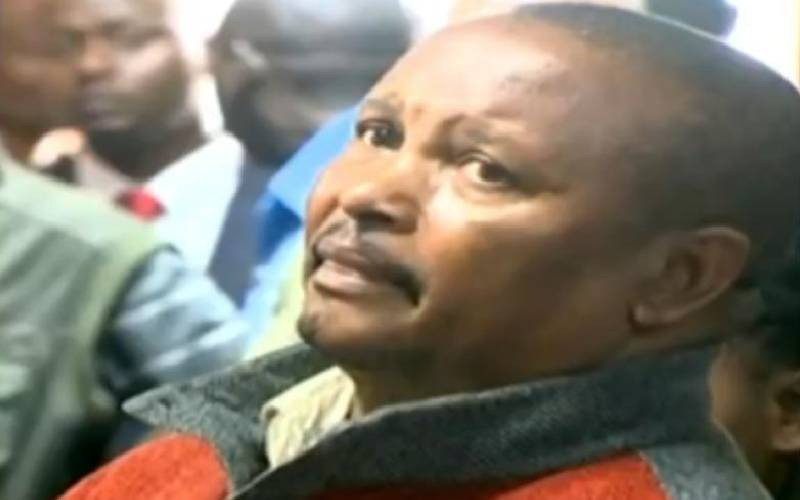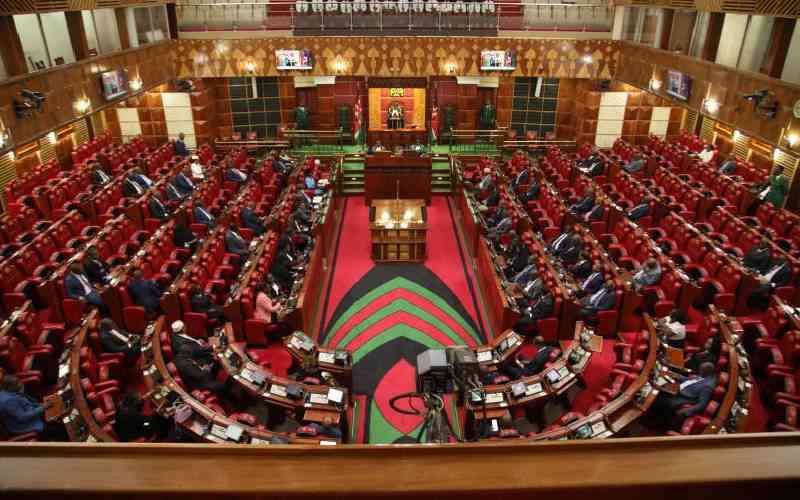As we celebrate Universal Health Coverage (UHC) Day today, it is time to take stock of how policymakers can involve the civil society in advocating quality healthcare.
The UHC commitment by the government is to ensure everyone can access quality health services without financial hardship or without plunging families, already impoverished by catastrophic health expenditures, in greater debt. However, what is the reality on the ground? The last mile patient is still lacking in basic healthcare services which lags the economy, a situation exacerbated by the raging wave of the Covid-19 pandemic.
Covid-19 responses should reach the furthest behind first and should be available to all people, regardless of age, ethnicity, disability or social status. As the civil society constituency of UHC2030 (UHC2030), the Civil Society Engagement Mechanism brings together the non-governmental and non-commercial sectors, be they individuals, communities, institutions or non-profits like the Smile Train.
They come together to raise the voices of civil society organisations (CSOs) in UHC2030 to ensure UHC policies are inclusive and equitable, and that systematic attention is given to the most marginalised and vulnerable populations so that no one is left behind.
CSEM is advocating for inclusive UHC policies but more importantly; leave no one behind, increase public health financing and financial protection, focus on health workers and engage civil society and communities in the development and implementation of policies.
There is need to prioritise patients living in marginalised communities who lack access to quality health services owing to their socio-economic background. One such group is children born with neglected surgical conditions such as cleft.
Cleft is a facial deformity in which the child experiences difficulty in breathing, eating and speaking, and those who grow up with a cleft are often isolated and bullied. Treatment of cleft is through safe surgery. From society to government, surgery isn’t prioritised because often its benefits cannot be monetized, neither is the cost of its lack adequately measurable. A World Health Organisation research in 2017 estimated that around 1.7 billion children and adolescents worldwide did not have access to surgical care.
In addition, it is estimated that approximately 1,200 children in Kenya are born annually with cleft, while thousands more are living with untreated cleft. What is the cost of a child living with a cleft to the economy? If addressed early, a research carried out in collaboration with Smile Train published in the World Journal of Surgery indicates that as little as Ksh 25,000 committed toward one cleft repair surgery, as much as Ksh 5,000,000 is put back into the local economy as former cleft patients go on to contribute to economic productivity and lead full, productive lives in their communities. These children cannot be ignored.
As the war against Covid-19 rages, the civil society must be included in national and regional short and long-term Covid-19 task forces and decision-making processes to ensure that the voices of population groups with specific needs and/or carrying additional risks are included. Our health heroes have been battling an invisible war for nearly a year now, and it is heartbreaking that some lack basic protection such as health insurance. This creates urgency for our counties to invest in their health workforce at all levels by offering appropriate remuneration, providing conducive working environments and protecting their well-being.
Covid-19 is not simply a health problem but a societal one. As the civil society, we don’t relent; we must keep educating the public, urging them to observe the preventive measures against the virus such as social distancing, washing of hands and wearing masks appropriately. Let us keep ‘making noise’ for collaboration in providing quality healthcare at community level.
-Dr Esther Njoroge-Muriithi is the Vice-President and Regional Director for Africa at Smile Train
 The Standard Group Plc is a
multi-media organization with investments in media platforms spanning newspaper
print operations, television, radio broadcasting, digital and online services. The
Standard Group is recognized as a leading multi-media house in Kenya with a key
influence in matters of national and international interest.
The Standard Group Plc is a
multi-media organization with investments in media platforms spanning newspaper
print operations, television, radio broadcasting, digital and online services. The
Standard Group is recognized as a leading multi-media house in Kenya with a key
influence in matters of national and international interest.
 The Standard Group Plc is a
multi-media organization with investments in media platforms spanning newspaper
print operations, television, radio broadcasting, digital and online services. The
Standard Group is recognized as a leading multi-media house in Kenya with a key
influence in matters of national and international interest.
The Standard Group Plc is a
multi-media organization with investments in media platforms spanning newspaper
print operations, television, radio broadcasting, digital and online services. The
Standard Group is recognized as a leading multi-media house in Kenya with a key
influence in matters of national and international interest.


